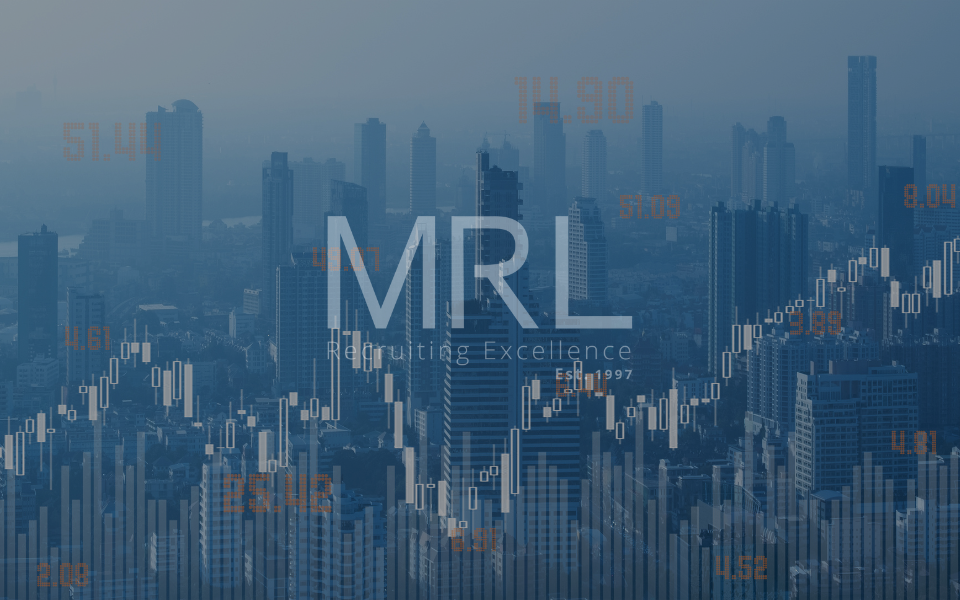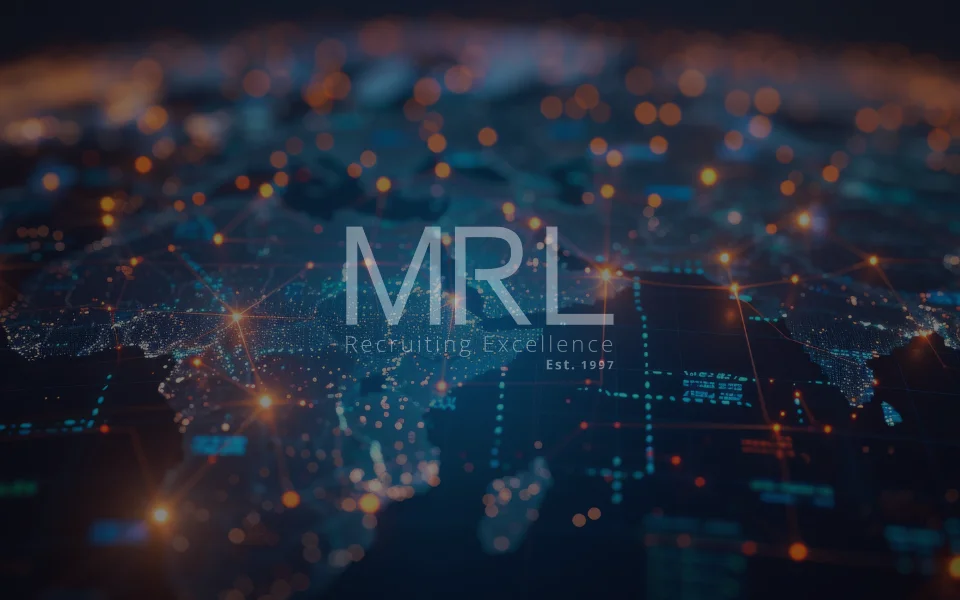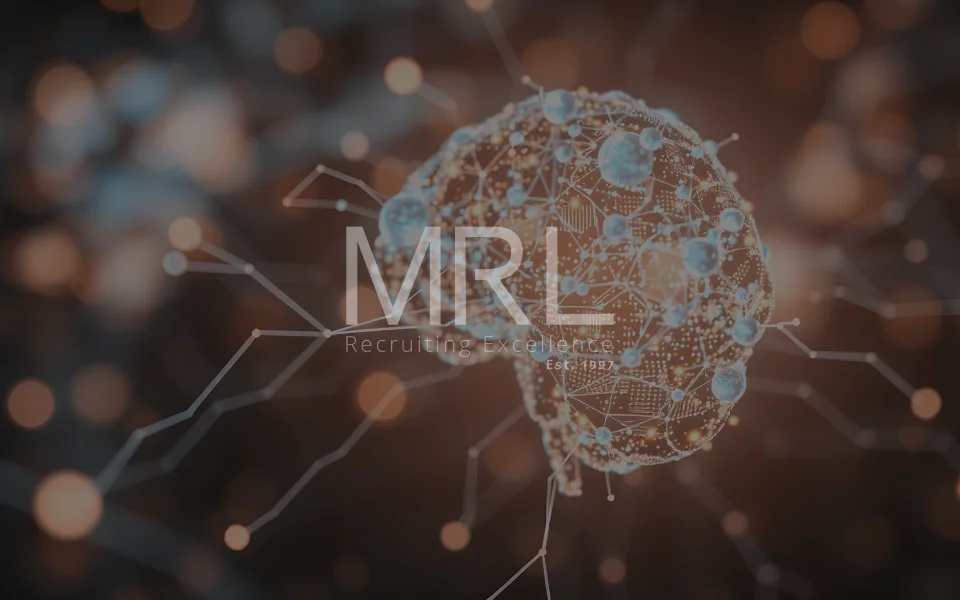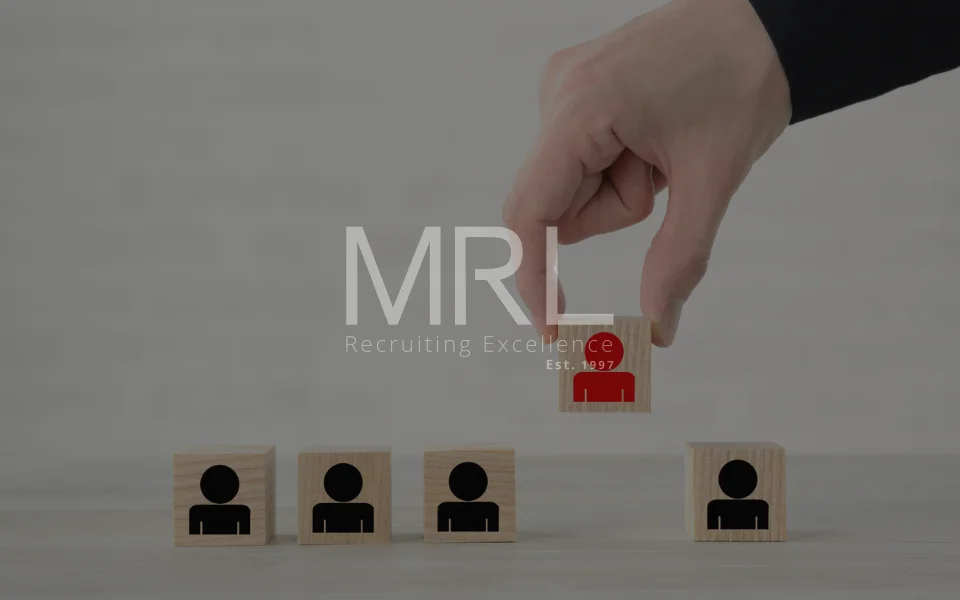What will AI mean for the finance sector?
08 Aug, 20195 minutesCommentary around the cuts centred on the decline of the bank’s trading arm – an area that o...

Commentary around the cuts centred on the decline of the bank’s trading arm – an area that one former Deutsche Bank trader mentioned was a dying profession. "It's not an easy market right now. People aren't falling over themselves to hire more traders," he said to the BBC.
Others noted the impact that technology was having on the bank – and finance sector as a whole. For those made redundant, it may not be as easy for them to find a new job as it once was in finance, and should they not take the opportunity to reskill then the risk of automation looms larger than ever.
Therein lies the monumental, sector-shaping impact of artificial intelligence in finance. Although 65 per cent of senior financial management professionals anticipate positive changes from its use, there are, as there always is, winners and losers.
Artificial Investment
That previously mentioned Deutsche Bank trader makes a valid point about his profession, and it’s dying because AI boasts the capability of carrying out processes, like trading, with inhuman accuracy and speed. Algorithmic trading has quickly expanded across the world’s stock market as it closed in on a value of $1 trillion in 2018. The use of tech in trading is something of an arms race; if your competitors are faster than you, you’ll lose money. So as one invests in an AI capability, others will be hot on their heels.
An Increased presence
Automation has done away with a multitude of mundane, time-consuming tasks that, not so long ago, fell into the remit of human bankers. These would take thousands of hours, and the payroll reflected that. Now, organisations have streamlined their operations by automating these task – reporting, document reviews and extracting information from forms are mostly done by machines, with a 50 to 70 per cent reduction in costs as a result.
It’s something that JP Morgan Chase has been doing for a while now. They use automation to extract data, comply with Know Your Customer regulations and digitise documents, freeing up the time of their employees to carry out more meaningful operations. It classes automation as one of ‘five emerging technologies‘ that are enhancing the cash management process.
All In this together
Many financial experts are voicing their concerns about job losses as a result of technology’s increasing presence. A former Barclays Chief Executive, the Bank of England’s Chief Economist, and Citigroup’s Investment Chief have come out saying that the industry must do more to protect individuals from the negative impact of AI. The former, Antony Jenkins, predicts that 50 per cent of all jobs in the sector could be displaced.
This isn’t an issue exclusive to the finance sector by any means, and the solution is much the same. Employees must reskill, and employers must facilitate this reskilling, to fulfil the roles that will be created through the emergence of AI, while an increased focus will be put on positions that still require that human touch, in which communication, negotiation and interaction are vital.
Bankers shouldn’t necessarily be running scared of AI – that’ll only worsen the problem. It is an industry that requires professionals to have the soft skills which will become increasingly important in the Fourth Industrial Revolution, so employees are already in a good place. For those who aren’t in such a fortunate position, reskilling is the priority to ensure they find their place in a working environment where humans and machines work in tandem. Do this, and they’re in a lucrative position once the revolution really takes shape.





